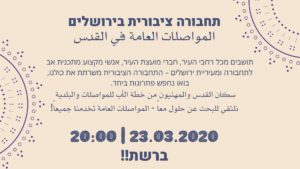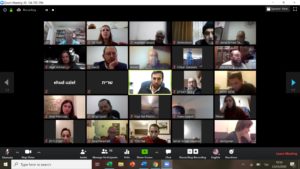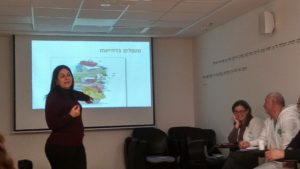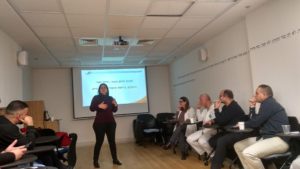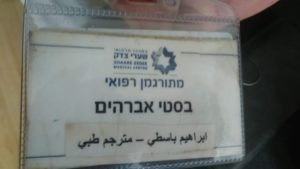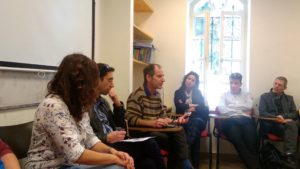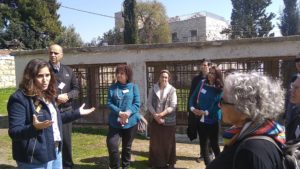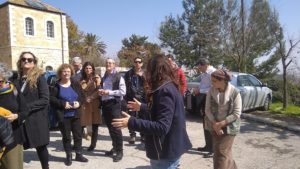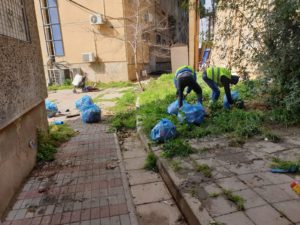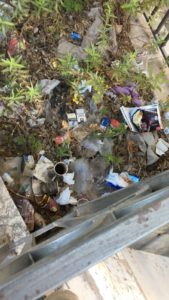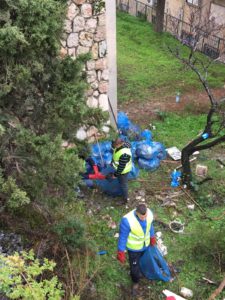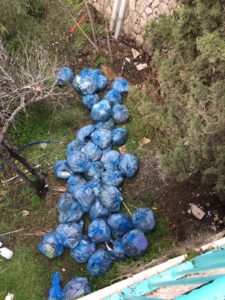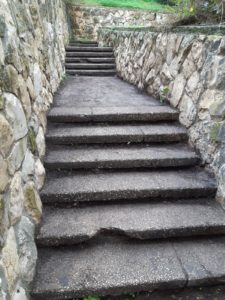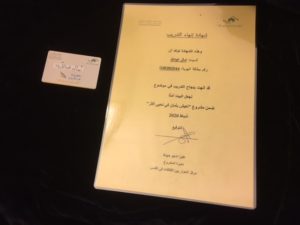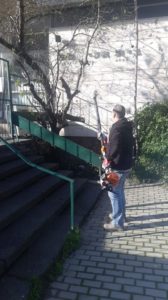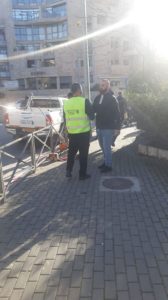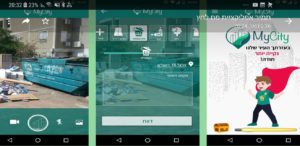Atta’a – Responding to Coronavirus together with JDC-Elka and Jerusalem Municipality
As an organization that helps Palestinian residents of East Jerusalem Atta’a has been on the front lines of helping residents deal with the COVID-19 crisis in East Jerusalem.
Much of this effort now is helping residents fill out forms to receive unemployment benefits, which are only in Hebrew. To help get the word out, Atta’a joined forces with the Joint Distribution Committee – Elka and the Jerusalem Municipality to produce this video:
In the first week after going up, this video was viewed tens of thousands of times.
Many thanks to the Jerusalem Foundation for their continued support of Atta’a.


